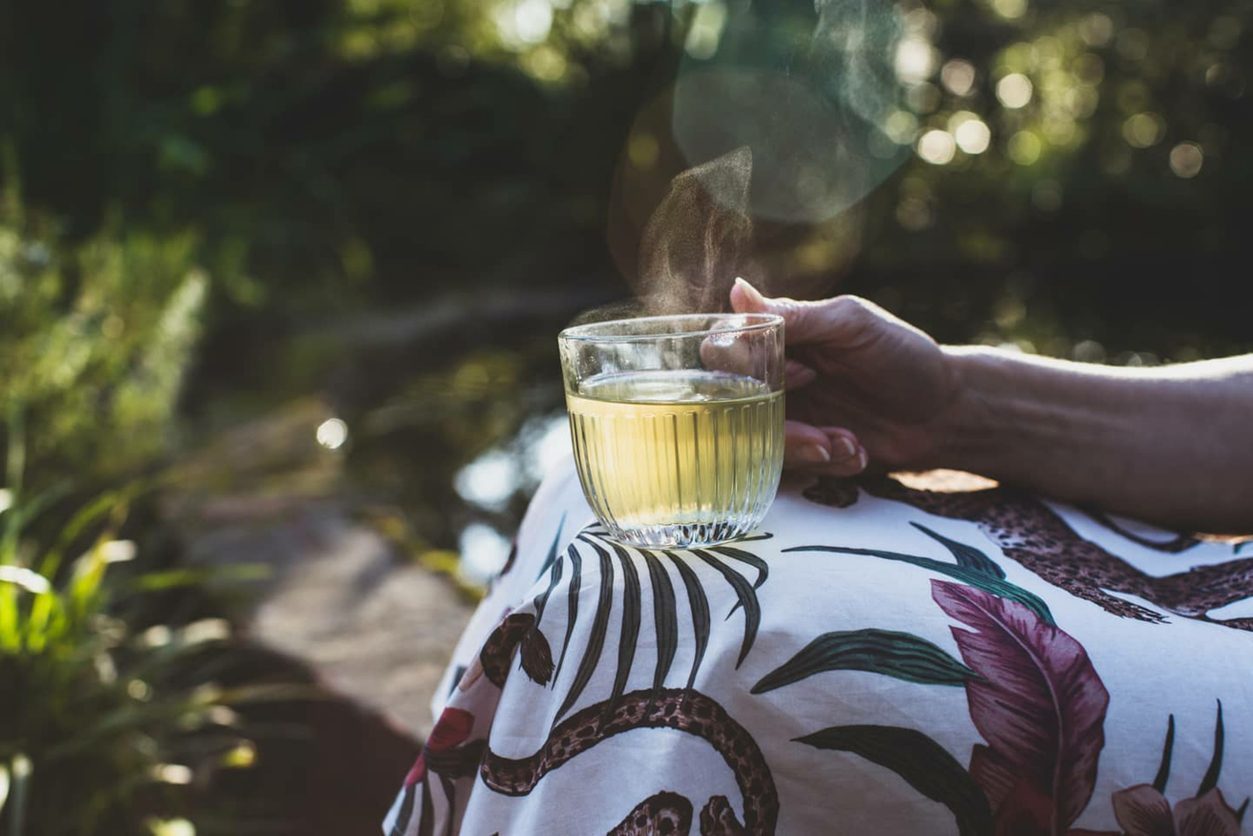;)
Plain old boring tap water. Just the thought of it can put you off, but water doesn’t have to be boring and tasteless – or even from a tap.
Plant waters are full of health benefits and a subtle sweetness. They’re extracted from fruit, squeezed from leaves, tapped from tree trunks, and they’re a whole world away from tap water.
One thing you should be aware of before you ditch the tap water – plant waters are not necessarily calorie-free. They may also contain added sugars and artificial flavours, depending on how they’re processed. Make sure you read the label before you buy.
Coconut Water
This is one of the most popular of the plant waters. Coconut water is nicely sweet and slightly nutty-tasting, and it’s the liquid that’s found inside young green coconuts. As the coconuts grow, this liquid turns into the white flesh that coconut milk comes from.
Coconut water may be best known as nature’s sports drink, for the electrolytes it contains. Low electrolyte levels can cause dehydration, which can lead to fatigue and muscle cramps. Coconut water is full of potassium, calcium and magnesium, which help to combat those issues.

Cactus Water
This water is actually made from the pureed fruit of the prickly pear cactus, which is also known as the nopal cactus. Cactus water is full of vitamins, minerals and antioxidants, and it also tastes of berries.
Pure cactus water contains vitamin C, which is good for fighting free radicals, and magnesium, which helps produce energy. It’s also a source of taurine, and amino acid that helps regulate levels of water and minerals in the blood.
There are substances called betalains contained in prickly pear fruit. These nutrients may help by reducing inflammation and regulating blood sugar levels. Some research has suggested that betalains may also inhibit the growth of some cancer cells

Aloe Water
Aloe water, or aloe juice, as it is also known, is make from the clear pulp found inside aloe vera plant leaves.
Aloe vera pulp contains vitamins, minerals, amino acids, and cholesterol-lowering plant sterols among others. Studies have been shown that the nutrients found in aloe vera pulp may help to ward off risk factors associated with many chronic diseases.
Aloe vera pulp may also aid digestion and help reduce inflammation.
Maple Water
Maple water is the pure sap that flows naturally out of maple trees each spring. Maple syrup is the boiled down version of it, and it has a bold, recognizable flavour. Maple water, on the other hand, has a slight sweetness and hint of maple flavour.
Maple water is like coconut water in that it helps replenish lost electrolytes, such as potassium, magnesium and sodium. It’s also a good source of manganese, which helps your body metabolize carbs, amino acids and cholesterol.
Another nutrient in maple water is abscisic acid, which initial research has shown may increase the body’s ability to metabolize sugar.
Birch Water
Birch water has been consumed for centuries as a health drink in parts of northern Europe and China. It is the unprocessed sap of the birch tree, and has a mild, sweet taste.
This water has been used traditionally as a diuretic to help flush out toxins from the body. Birch water is also rich in saponins, which are plant compounds known for their strong antioxidant qualities. Initial studies have shown that saponins could help ward off disease by stimulating the immune system and helping to keep blood cholesterol levels in check.
;Resize,width=712;)
;Resize,width=712;)

;Resize,width=767;)
